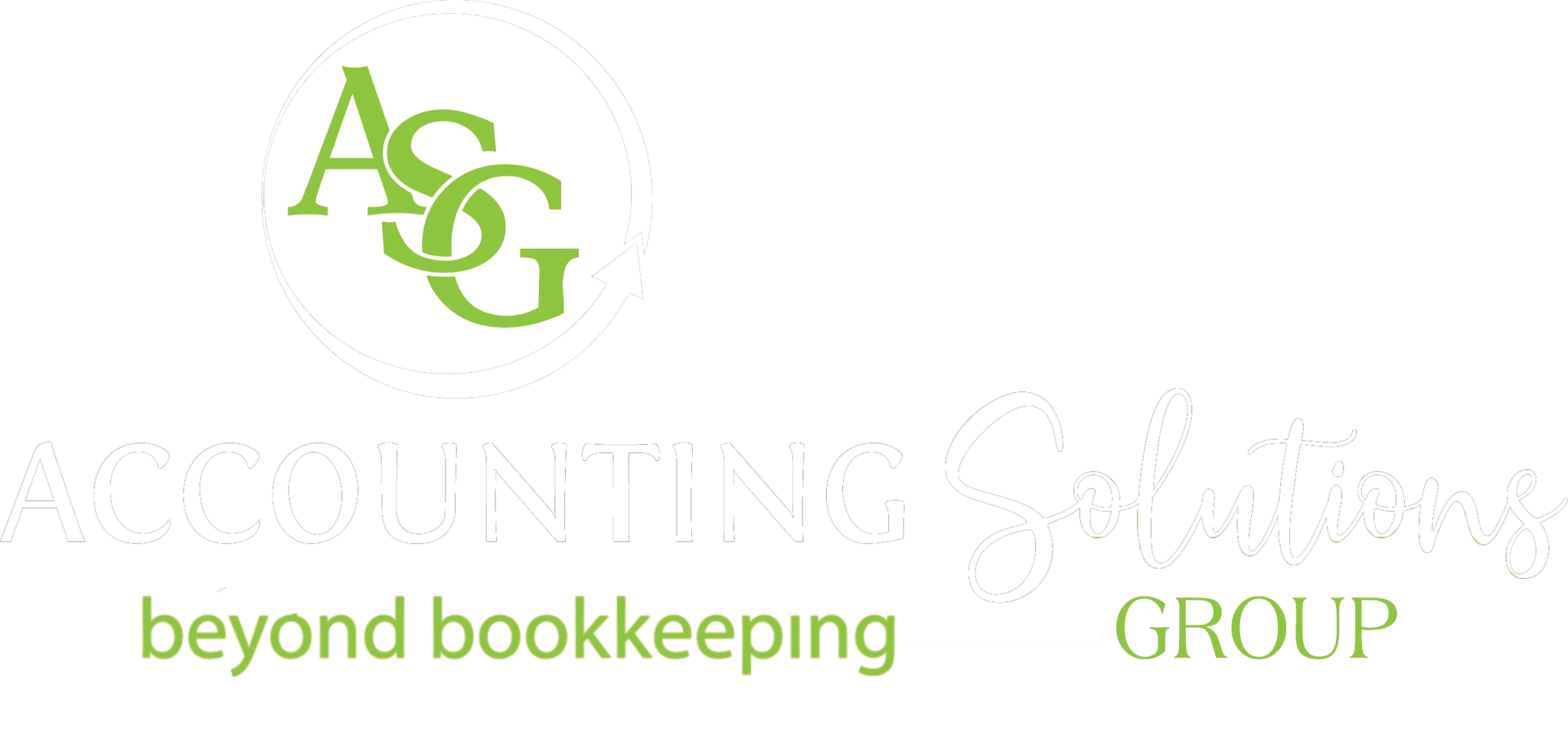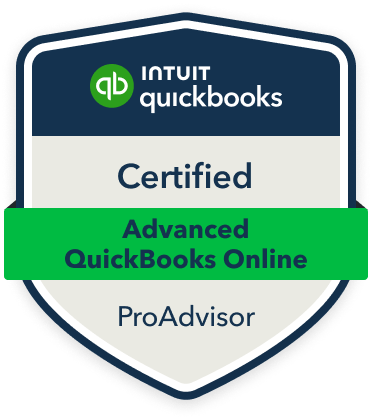Setting up your business books is a critical step for any entrepreneur. Whether you’re launching a startup or scaling your small business, proper bookkeeping ensures your financial records are accurate and compliant. For businesses in South Florida, particularly in Miami, employing an in-house bookkeeper can provide tailored solutions and help you maintain control over your finances. This guide will walk you through the key steps to setting up your business books effectively.
Why Bookkeeping Matters
Bookkeeping is the foundation of financial management. It involves recording, organizing, and maintaining your business’s financial transactions. Accurate bookkeeping helps:
Monitor cash flow and financial health
Prepare for tax filings
Ensure compliance with local, state, and federal regulations
Support informed decision-making
Attract investors or secure loans
Benefits of an In-House Bookkeeper in Miami
For businesses in Miami, hiring an in-house bookkeeper offers unique advantages:
Local Expertise: An in-house bookkeeper familiar with South Florida’s business environment and tax regulations can ensure your books align with regional requirements.
Real-Time Access: With an in-house team, you have direct and immediate access to your financial data, enabling quick decision-making.
Customization: Miami-based businesses often have specific needs. An in-house bookkeeper can tailor processes to fit your unique business model.
Confidentiality: Keeping financial records in-house reduces the risk of data breaches and enhances privacy.
Steps to Setting Up Your Business Books
Choose a Bookkeeping Method
Decide between cash-based and accrual-based accounting. Most small businesses start with cash-based accounting as it’s simpler and tracks money as it’s received or spent.
Select Accounting Software
Invest in reliable accounting software like QuickBooks, Xero, or FreshBooks. These tools streamline record-keeping and reporting.
Open a Business Bank Account
Separate your personal and business finances by opening a dedicated business bank account. This simplifies bookkeeping and ensures compliance.
Track Income and Expenses
Record all income and expenses promptly. An in-house bookkeeper can help categorize transactions accurately and keep your records up to date.
Set Up Payroll
If you have employees, establish a payroll system to ensure timely payments and compliance with tax obligations.
Organize Financial Documents
Maintain organized records of invoices, receipts, bank statements, and tax forms. This helps in audits and end-of-year reporting.
Stay Compliant with Tax Regulations
Miami businesses must adhere to local, state, and federal tax requirements. An in-house bookkeeper can handle sales tax filings, estimated tax payments, and annual returns.
Review and Reconcile Regularly
Conduct monthly reviews and bank reconciliations to ensure your books match your bank statements. This step helps identify discrepancies early.
Finding the Right In-House Bookkeeper in Miami
When hiring an in-house bookkeeper, look for these qualities:
Experience: Prior bookkeeping experience, especially with Miami-based businesses, is a plus.
Certification: Consider candidates with certifications like Certified Bookkeeper (CB) or QuickBooks ProAdvisor.
Tech Savviness: Familiarity with accounting software and tools is essential for efficient bookkeeping.
Attention to Detail: Accuracy is critical in financial records.
Communication Skills: An effective bookkeeper should be able to explain financial reports clearly.
Conclusion
Setting up your business books in South Florida doesn’t have to be overwhelming. By employing an in-house bookkeeper in Miami, you can ensure your financial records are accurate, organized, and tailored to your specific needs. With the right processes and expertise in place, you’ll be well-positioned to achieve financial success and grow your business in this dynamic region.





